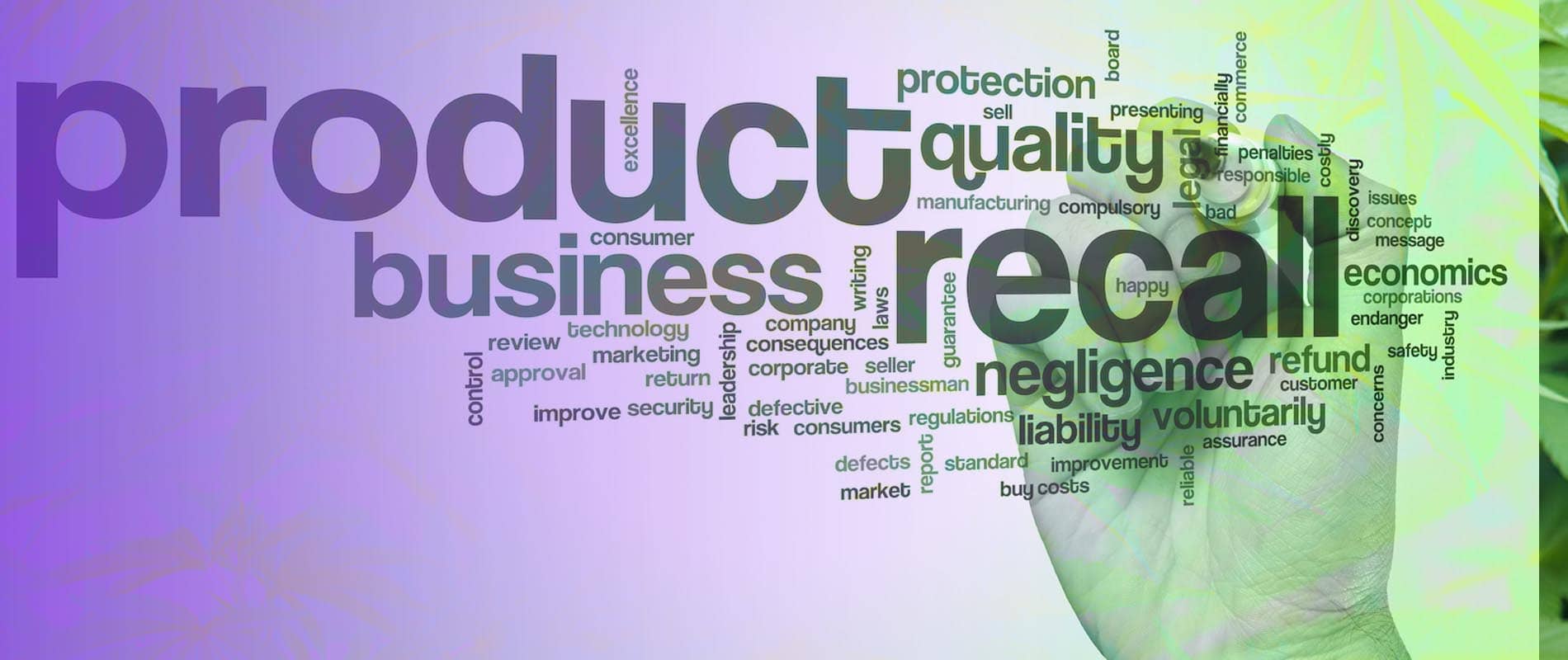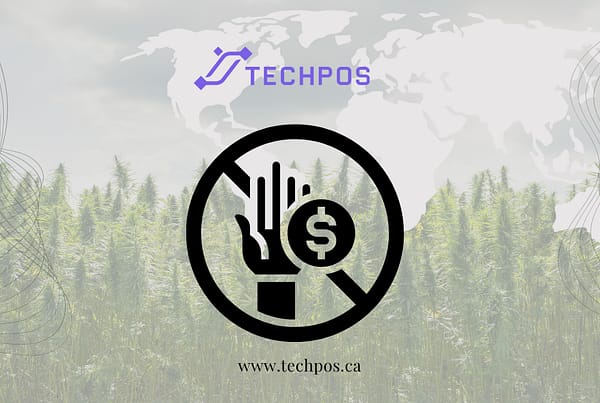Canadian cannabis retailers have been pushing for changes to regulation and taxation since 2018 when legal sales began. The current system is imperfect. The combination of federal and provincial policies making it hard for small to medium-sized companies to make a go of it. But good news! Positive change may be on the horizon for the BC cannabis industry.
Via Stratcan, the BC Liquor Distribution Branch (BCLDB) has announced three significant changes for licensed producers in the province:
- Eliminating the mandatory recall insurance requirement
- Temporarily improving supplier payment terms
- Reducing reporting frequency for direct delivery.
While some retailers will very likely consider these changes just a drop in the bucket, they are nevertheless moving in the right direction. Here is a closer look at what these policy changes mean for the BC cannabis industry.
Change #1: Eliminating Mandatory Recall Insurance
“Permanently eliminating the requirement for licensed producers to maintain mandatory recall insurance, which the LDB says will help cannabis companies become more financially viable.” Stratcan
As elsewhere in Canada, the BC cannabis industry originally required all cannabis producers to secure recall insurance. Perhaps in reaction to the more notable recalls south of the border, it was nevertheless a way for BC to ensure producers could cover the associated costs of any product issues.
As the name implies, Product Recall insurance helps safeguard cannabis producers from the financial impacts resulting from a product’s recall. This extends to cover both government-mandated and voluntary product recalls. Examples of these costs include:
- Notifying customers
- Product returns (shipping and storage expenses)
- Retail value of the product
But now, this insurance will no longer be required. These changes acknowledge that few product recalls were issued in BC over the last few years. The mandate also placed a high financial burden on growers.
As Timothy Deighton, co-owner of Sweetgrass Cannabis, told Stratcan, this change will likely save small producers thousands, if not tens of thousands, of dollars a year on insurance costs.
It has also followed in line with decisions made by the Ontario Cannabis Store to eliminate the mandatory product recall insurance requirement for their provincial suppliers.
Change #2: Supplier Payment Terms
“Temporarily amending supplier payment terms, from 30 to 14 days, for a period of six months. Beginning April 30, 2023, and extending until October 31, the LDB will temporarily change the payment terms for licensed producers using the provincial system for distribution from 30 days to 14 days.” Stratcan
What were the supplier terms previously? According to the previous version of BC’s Licensed Producer Supply Agreement, under Price and Payment:
“The Province maintains a weekly payment cycle. The Province will pay the Licensed Producer for Purchased Cannabis Product in the weekly payment cycle that first occurs after the date that is 30 days after Receipt of the Purchased Cannabis Product by the Province, provided the Licensed Producer has complied with the terms and conditions of this purchase order.”
Changing the payment term from 30 days to 14 days will inevitably improve cash flow for licensed producers in BC. Considering BC has collected $157 million in excise tax on cannabis sales since legalization, it only makes sense for some of this tax windfall to circle back to benefit licensed producers through better payment terms.
The new 14-day payment term is temporary, ending on October 31, 2023, but if this change proves successful and feasible for BCLDB to maintain, it may be extended permanently.
Change #3: Reporting Frequency for Direct Delivery
“Permanently reducing the reporting frequency for licensed producers participating in the direct delivery program from weekly to bi-weekly. Beginning April 30, 2023, the LDB will reduce the required reporting frequency from weekly to every two weeks.” Stratcan
BC’s direct delivery program launched in 2020 (and again in 2022) to combat the illicit cannabis market. It was also designed to encourage smaller producers to enter the market. Under this program, licensed producers have three options: Standard Direct Delivery, Production Retail Store (PRS) Direct Delivery, and Section 119 Direct Delivery.
Most participants work under the Standard Direct Delivery mandate. This is when a small licensed producer who grows under 3,000 kg of cannabis a year can deliver their flower directly to retailers.
Although the flower still needs to be packaged under a licensed processor, small-time cultivators may partner with licensed processors to accomplish this goal. This program has helped small-time growers reach the market and has also benefited retailers with expanded craft cannabis offerings.
Direct delivery has so far had limited success, but there are several micro and indigenous producers who use this tactic to bring their flower to market. The new policy changes reduce the reporting burden for these suppliers. It is now cut in half. Suppliers now have to report on a biweekly basis rather than weekly.
The BCLDB also promises to review the current direct delivery program with the provincial Cannabis Secretariat. Many producers, including Sweetgrass Cannabis, are excited to hear about the review, as the current model is often too costly compared to the regular LBD route.
As co-owner Deighton stated, “I hope they can look at the 15 percent fee. It costs companies more to do direct delivery than just by sending to the BCLDB.”
Slow and Steady Changes to the BC Cannabis Industry
None of the recent changes announced by the BCLDB are monumental in and of themselves. But, together they may help make BC’s cannabis industry a friendly space in which to operate. For producers especially, the changes to the direct delivery program and payment terms will come as very good news indeed.
BC isn’t alone in its gradual regulatory evolution. In fact, BC’s new policies fall in line with those happening elsewhere in the country. Both federal and provincial governments are begining to review the first few years of legalization. Clearly, some aspects of the legal market have worked, while others still need some adjustment.
Hopefully, BCLBD’s latest announcement is just one step of many toward easing regulations to make doing business easier in the Province.





